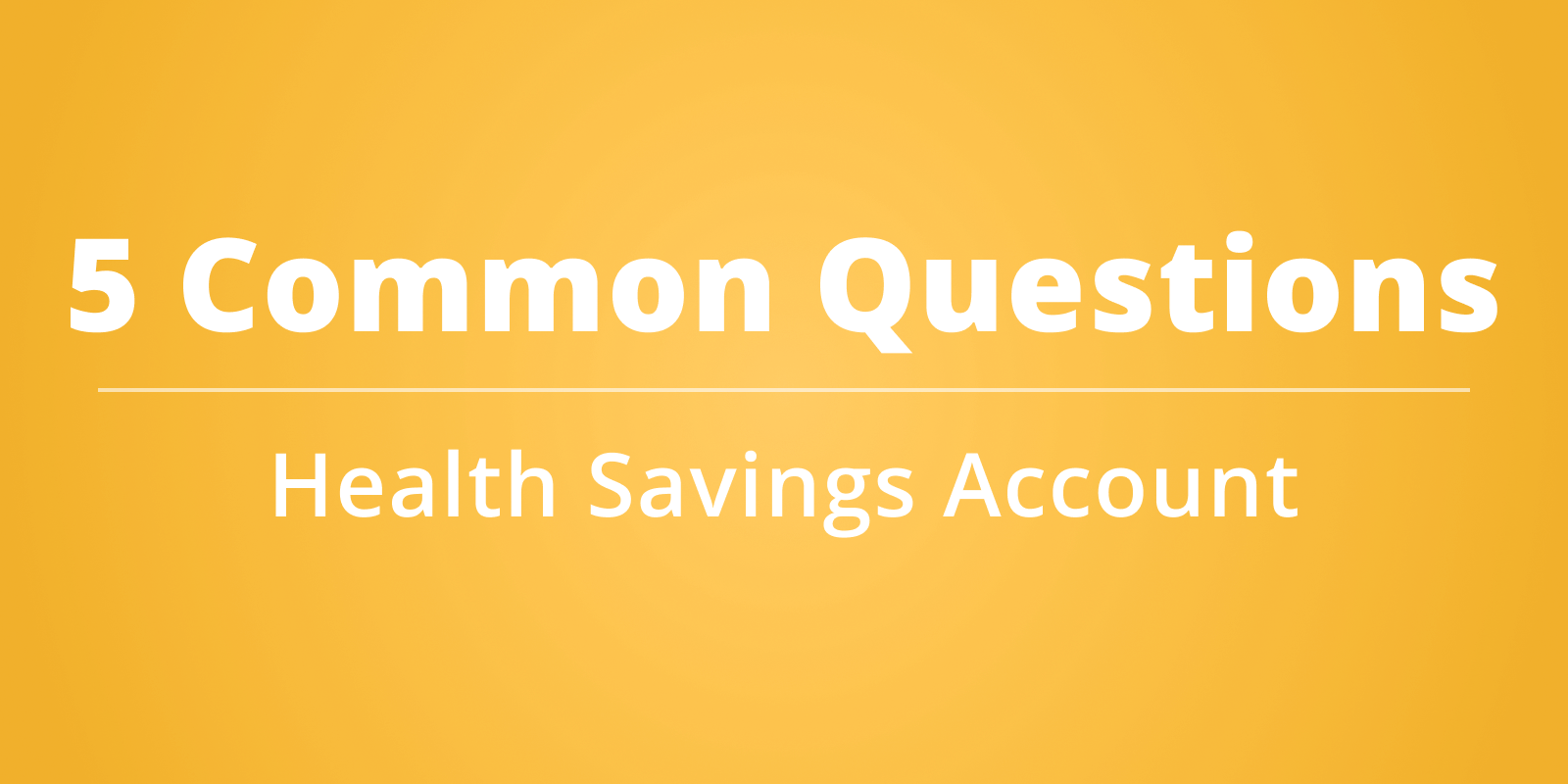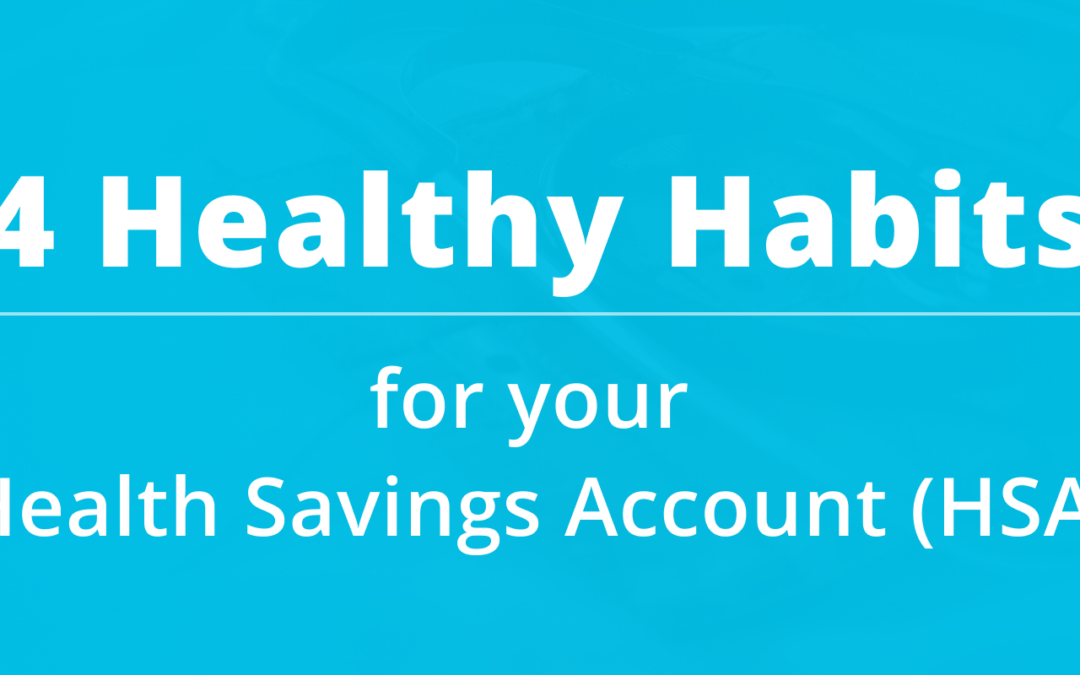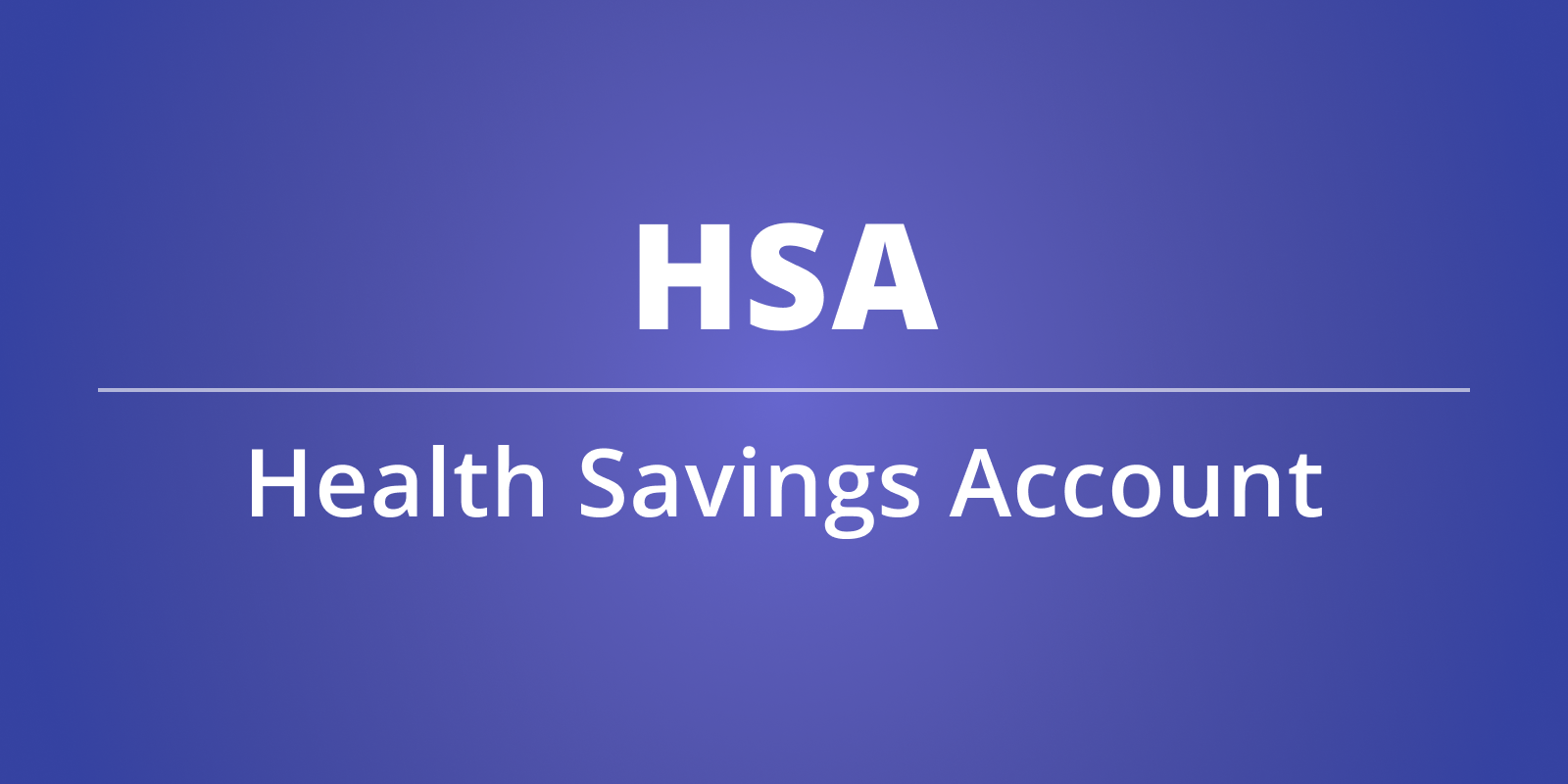HSAs are a great way to save for medical expenses tax-free and even save for retirement, but learning the ins and outs will naturally bring up some questions. We here at SavingsOak thought it would be a good time to take a look at some commonly asked questions about health savings account (HSAs). Read on to find out more:
1. How does an HSA help me with my taxes?
HSAs are well known for being one of the most tax advantaged accounts around. The magic phrase here is triple-tax advantage.
First off, the money that you contribute into your account goes in before taxes are taken out of your paycheck. Secondly, as you accumulate money in your HSA, it grows tax-free. Lastly, you can spend the money on medical expenses tax-free as well.
It’s important to keep in mind here that contributions in New Jersey and California will be taxed.
2. How do I know what is an HSA-eligible expense?
HSA eligible items are also known as qualified medical expenses. The IRS defines this as “costs of diagnosis, cure, mitigation, treatment, or prevention of disease.”
The IRS has an extensive list of what they have defined as qualified medical expenses on their website. It is updated from time to time, so it is worth checking out if the item or service you want to purchase with your HSA counts as a qualified medical expense. For more information on qualified medical expenses, take a look at our blog post on the topic.
Related Content: IRS Publication 502
3. What Happens to My HSA When I Leave My Job?
Once you open your HSA, the funds are yours to keep. This includes any contributions made by your employer.
In the event that you leave your job–which includes quitting, being terminated, or retiring–you own your funds. If you move on to a new employer that has a different HSA plan, you can choose to keep your funds in the existing HSA or roll over the funds to the new HSA plan.
4. Can I still contribute to my HSA if I no longer have a High Deductible Health Plan (HDHP)?
While an HDHP can be a great choice, at some point, you may need to switch into another type of health plan. There are few things you have to keep in mind:
• Your HSA will always stay with you, but you can no longer contribute to it when you don’t have an HDHP.
• You can save your HSA money or use it for qualified medical expenses at a later date.
5. Can I use my HSA for my spouse (even if they are not on my health plan)?
Yes. You can use your HSA funds to cover yourself (the account holder), your spouse, and any family members or dependents even if they are not on the same health plan.*
Note: Please consult your tax advisor about your individual situation.








